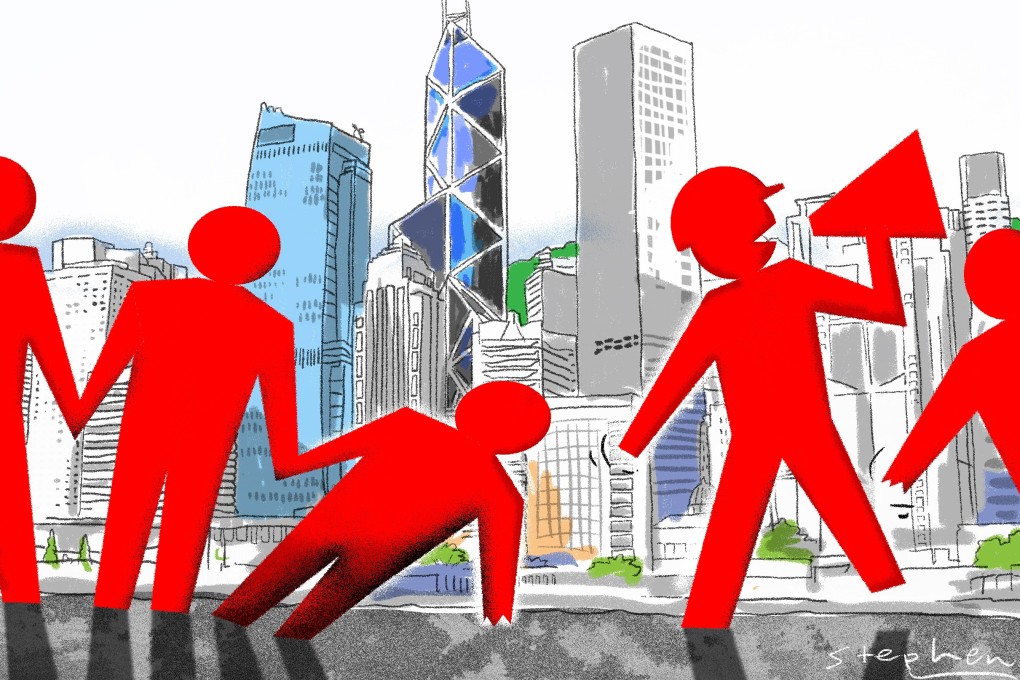Opinion | Hong Kong protesters have made it clear they know their rights, but they must also recognise their obligations
- The establishment of most rights is only viable and sustainable if human obligations are fulfilled first
- The right to protest presupposes people’s duty to inform themselves of the facts and to respect the opinions of those who disagree

The Universal Declaration of Human Rights allows only for limitations on human rights prescribed by law and “solely for the purpose of securing due recognition and respect for the rights and freedoms of others and of meeting the just requirements of morality, public order and the general welfare in a democratic society”.
There is, however, almost complete silence about human obligations in Western education and political and social lives.
Unconditionally defending freedoms and rights cannot be wrong, can it?
It is surprising, if not worrying, that there is no Universal Declaration of Human Obligations, despite the fact that it is the efforts needed to fulfil such obligations that provide the foundations on which an individual can grow and a society can flourish. The establishment of most rights is only viable and sustainable if human obligations are fulfilled first.
